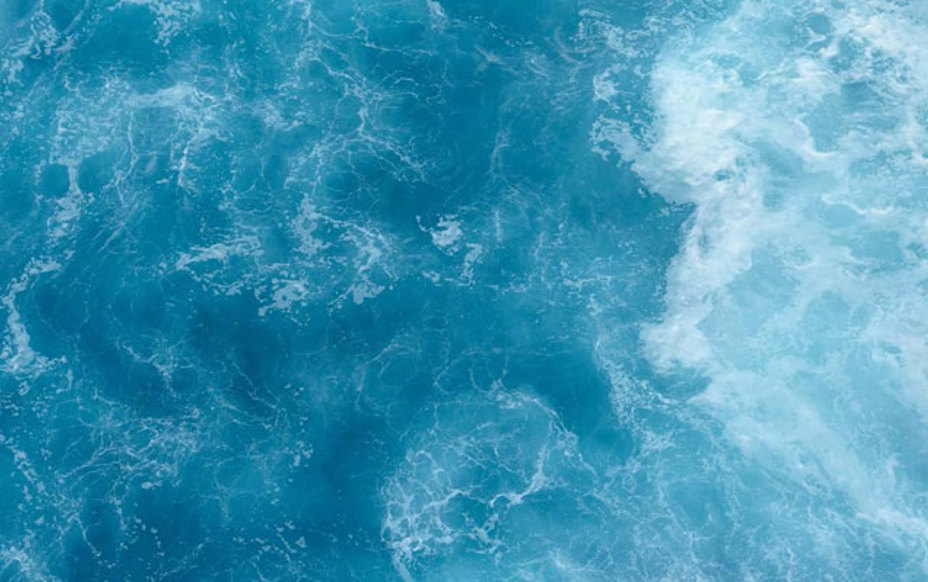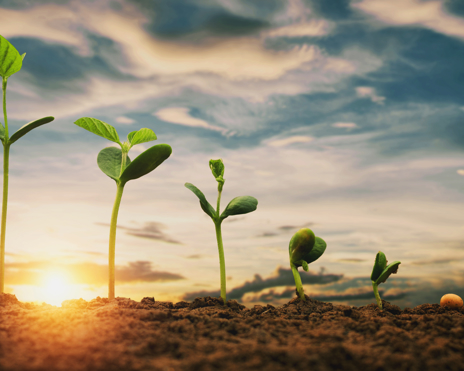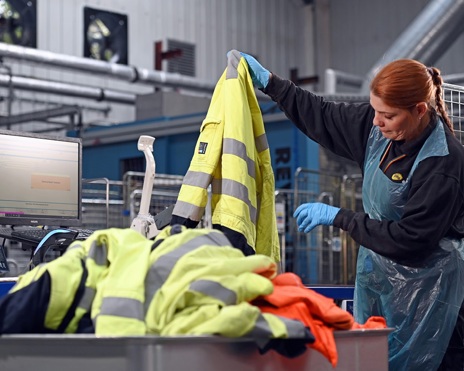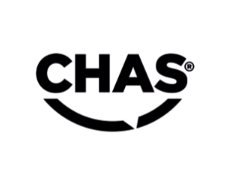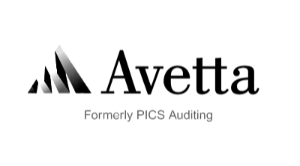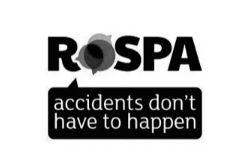Turning the tide on plastic pollution
At phs, we feel strongly that there’s still enormous scope to help stop everyday sanitary items, from wet wipes to period products, passing directly into our waterways, harming wildlife, and polluting our oceans. By choosing phs as your supplier your hygiene waste will be turned into renewable energy.
Ending pollution. PERIOD.
In the UK alone, there are 2.5m tampons and 1.4m pads flushed down the toilet each day, it is a big issue for our oceans, rivers, and beaches. Through our exclusive partnership with FabLittleBag, a discreet, bio-degradable purpose-designed bag for users to dispose of their sanitary waste into a phs sanitary disposal bin – we are encouraging binning and not flushing.

Turning the tide on plastic pollution
At phs, we feel strongly that there’s still enormous scope to help stop everyday sanitary items, from wet wipes to period products, passing directly into our waterways, harming wildlife, and polluting our oceans. By choosing phs as your supplier your hygiene waste will be turned into renewable energy.
phs only use single use packages in outer packaging and pallet wrap. We have taken steps within our supply chain to specify that these are only to be LDPE (Low Density Polyethylene) which is categorised as code 4 plastic.
This means that this plastic can be recycled both commercially and domestically but is also considered less toxic than other types of plastics.
Abandoned fishing nets are one of the most harmful forms of plastic pollution, with an estimated 640,000 tonnes of this ‘ghost gear’ entering our oceans each year. That’s a staggering 46% of ocean plastic pollution.
As well as posing a serious hazard to sea life that gets trapped and drowned in these nets, they can take an incredible 600 years to break down, a process involving the gradual shedding of micro plastics that end up in the food chain.
At phs, we are contributing towards our efforts to clean up the planet’s oceans by producing floor mats from ECONYL®, a durable nylon yarn made from discarded nets recovered by volunteer divers.
After fulfilling their purpose, our mats are recycled for equestrian wear or converted into a refuse derived fuel for energy, helping to save sea life and extending the life of products.






























